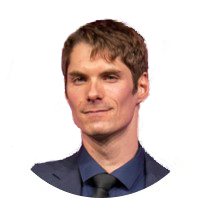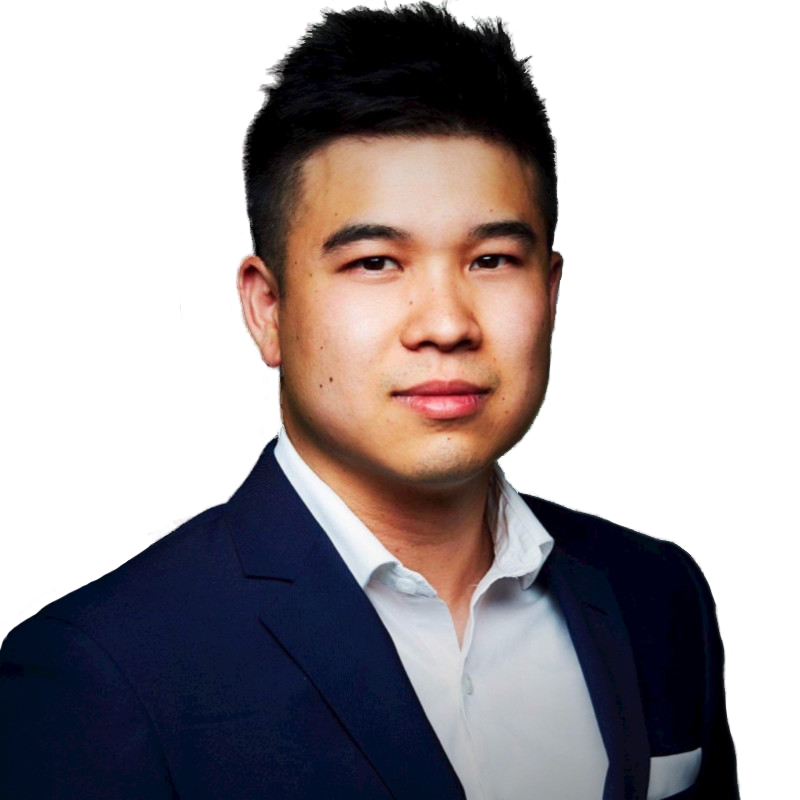
Patrick Walsh, M.S. CEO/CTO is a serial inventor with 10 years’ experience innovating in stem cell biology. Patrick led both academic and industrial research teams in manufacture of stem cell products and provided technical proof-of-concept to secure $16M in federal contracting work for Lonza, Inc. Patrick earned his Masters of Science in Stem Cell Biology at the University of Minnesota, with an MBA in progress from the Carlson School of Management

Vincent Truong is the Chief Operating Officer at Anatomi Corp with responsibility for establishment and management of company operations and sales. Vince brings over six years of experience in lab management through previous roles at the University of Minnesota. He received his B.S. in biochemistry from the University of Minnesota and half an MBA from the Carlson School of Business.
Give us your company’s elevator pitch.
Anatomi’s platform technology enables the manufacture of functional human neurons from stem cells within a single week. This 500% improvement accelerates drug development pipelines for pharmaceutical companies discovering treatments for conditions like chronic pain, Alzheimer’s and Parkinson’s Diseases. Anatomi is a Minnesota C-Corp, based in Minneapolis and growing 30% month-over-month since December 2019.
What led you to found your company?
We had been working diligently in the lab for about three years when we created a breakthrough in stem cell biology. Given the potential importance of our findings and their practical commercial applications, this seemed like a once-in-a-lifetime opportunity to take some risks and build something of value from the ground up.
How do you balance leading a startup with your everyday life?
Start-up life is seven days a week, which isn’t anything new to a stem cell biologist. Stem cell cultures require daily maintenance, so we’re used to having something run our lives. Regardless, you find ways to fit life in where you can. Some people consider traveling as something they wish they could do more as part of life, and through Anatomi we’re able to travel regularly (and find warm weather during the winter).
What’s one thing people get wrong about startup life?
Before launching, we had a perception that workdays would be 18+ hours. Now, there are certainly design sprints and time crunches that lead to an 18-hour workday for short stretches, and for our small team 10 hours is a minimum workday, but our start-up lives among companies with 8-hour workdays and is largely forced to live at their pace. Everything takes longer than you would expect, often longer than you would want, and there’s only so much any company can do in a workday due to external factors.
What’s the best advice you received in your career? What’s the worst?
Best: Trust your instincts. There’s always a slight sense of doubt if you make a business decision without some experience. However, with technical thought and foresight most of our decisions have been validated by those who have been there.
Worst: I don’t know if we’ve been lucky or not, but for the most part, the advice we’ve received has been generally excellent.
What do you enjoy most about the Medical Alley community?
Meeting fellow founders of similarly staged companies. In many ways, they’re the only people you can talk to who understand what you’re going through. It can be very therapeutic.
What is the next big milestone for your company?
We’ve met several to date that we’d expected to occur down the road. As such, we would say that we’re ahead of schedule. One big milestone would be receiving federal funding from the SBIR program, as it means that we understand that process fully. Another would be recurring sales with our pharmaceutical clients, as they’re most critical to meeting revenue milestones with the least amount of effort.
